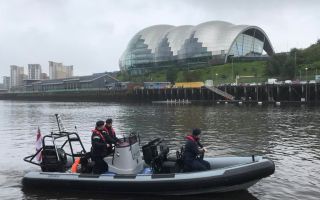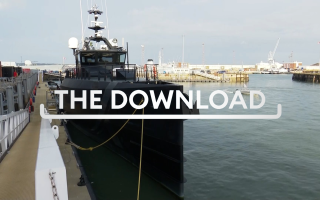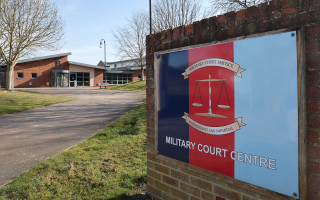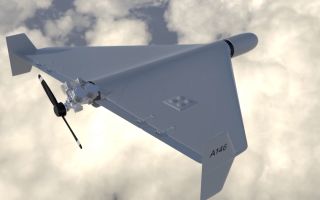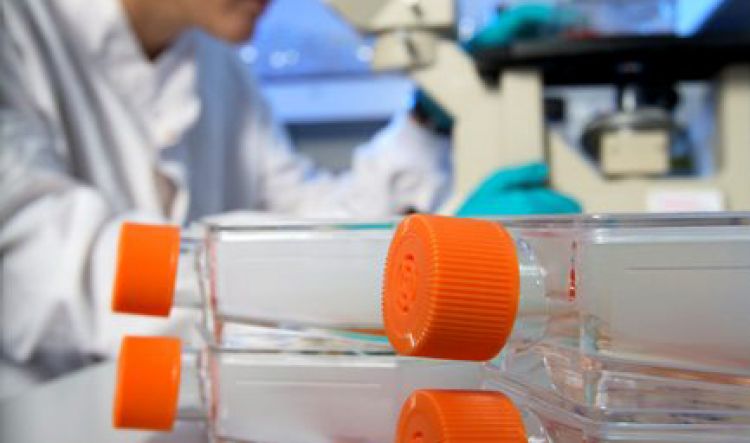
UK Hiring Expert Defence Scientists To Create 'Pioneering Military Equipment'

The UK is hiring defence scientists specialising in artificial intelligence (AI) and space to create "pioneering military equipment" and keep the country safe from a "huge range of threats".
It is understood the roles will include a focus on the threats of the future, such as increased hostility and aggression from Russia and China's technological advancements, as well as dangers posed by organised crime, terrorist groups and cyber hackers.
Over the next three months, jobs will be advertised for about 300 defence scientists to work for the Defence Science and Technology Laboratory (Dstl), part of the Ministry of Defence (MOD).
Dstl's sites include laboratories at Porton Down, in Wiltshire.
The recruitment drive will also seek analysts and engineers, and is among the biggest in the history of Dstl.
An MOD source told the PA news agency: "These new recruits will be at the forefront of keeping the UK safe from a huge range of threats."
In November, a £16.5bn increase in defence spending over the next four years was announced.
As part of this, the MOD is investing £6bn in research and development, including an extra £1bn specifically on science and technology.
Watch: In 2020, we were given a look inside Porton Down's defence labs.
The news comes as Prime Minister Boris Johnson travelled to meet NATO leaders and insisted the Western alliance did not want a new Cold War with China, but there are "challenges" posed.
Ahead of the meeting, NATO Secretary General Jens Stoltenberg said relations with Russia are at the "lowest point" since the end of the Cold War.
Earlier this year Mr Johnson acknowledged China will pose a "great challenge" for the UK as he set out a "tilt" towards the Indo-Pacific at the heart of the Integrated Review.
The review, which included a plan to increase the UK's nuclear stockpile, also said Russia still remains the "most acute threat to our security".
It set out risks posed by increased competition between states – including a more assertive China – along with terrorism, organised crime, climate change and the "realistic possibility" of another pandemic.
The review indicated the UK's aim to be a "science and tech superpower" by 2030, with the ability to "monitor, protect and defend our interests" in space and ensuring cutting-edge defensive and offensive cyber capabilities.
Founded in 1916, Porton Down's expansive, high-security site in the middle of the Wiltshire countryside is home to the oldest chemical warfare research centre in the world.
Dstl's scientists handle some of the world's most dangerous substances, and in the past year have been working to tackle coronavirus.
Minister for Defence Procurement Jeremy Quin said the investment in research and development is "central to the evolution of defence and security", adding: "This will ensure MOD science and technology programmes upgrade and adapt our forces to meet a range of future threats.
"The Dstl recruitment campaign paves the way for the next generation of highly skilled scientists to work on sophisticated projects designing and engineering pioneering military equipment."
Cover image: MOD.


